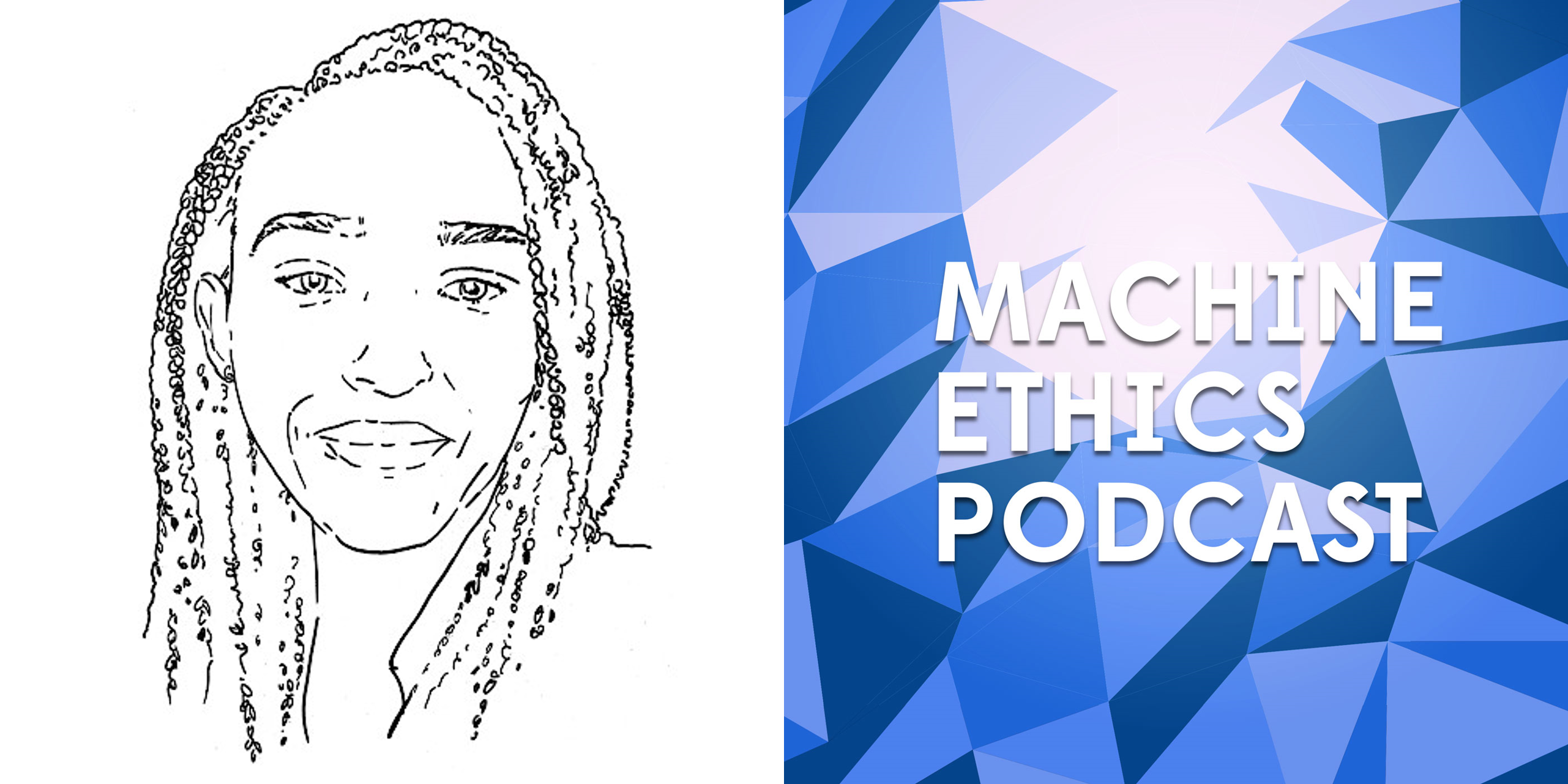
ΑΙhub.org
The Machine Ethics Podcast: Algorithms with social impact with Mitchel Ondili

Hosted by Ben Byford, The Machine Ethics Podcast brings together interviews with academics, authors, business leaders, designers and engineers on the subject of autonomous algorithms, artificial intelligence, machine learning, and technology’s impact on society.
The Politics of AI
This episode we talk with Mitchel Ondili on algorithm awareness, technology colonisation in the global south, the Observatory of Algorithms with Social Impact (OASI) and submitting your algorithms there, AI auditing, private vs public rights to consent, hiring and social services algorithms, the over-datafication of life, becoming an algorithmic subject, intentionality of services and much more.
Listen to the episode here:
Mitchel Ondili is a lawyer and tech policy professional, and recognized as a Women Deliver Young Leader, a New Emerging openAIR researcher and a member of the Feminist AI research network. Her primary areas of interest are the impact of internet communications on democratic practices, open data, artificial intelligence, and the public digital sphere.
At Eticas, Mitchel leads the Observatory of Algorithms with Social Impact (OASI) and provides support to different projects looking at AI bias and discrimination, with a focus on gender.
About The Machine Ethics podcast
This podcast was created, and is run by, Ben Byford and collaborators. Over the last few years the podcast has grown into a place of discussion and dissemination of important ideas, not only in AI but in tech ethics generally.
The goal is to promote debate concerning technology and society, and to foster the production of technology (and in particular: decision making algorithms) that promote human ideals.
Ben Byford is a AI ethics consultant, code, design and data science teacher, freelance games designer with over 10 years of design and coding experience building websites, apps, and games. In 2015 he began talking on AI ethics and started the Machine Ethics podcast. Since then, Ben has talked with academics, developers, doctors, novelists and designers about AI, automation and society.
Join in the conversation with us by getting in touch via email here or following us on Twitter and Instagram.









